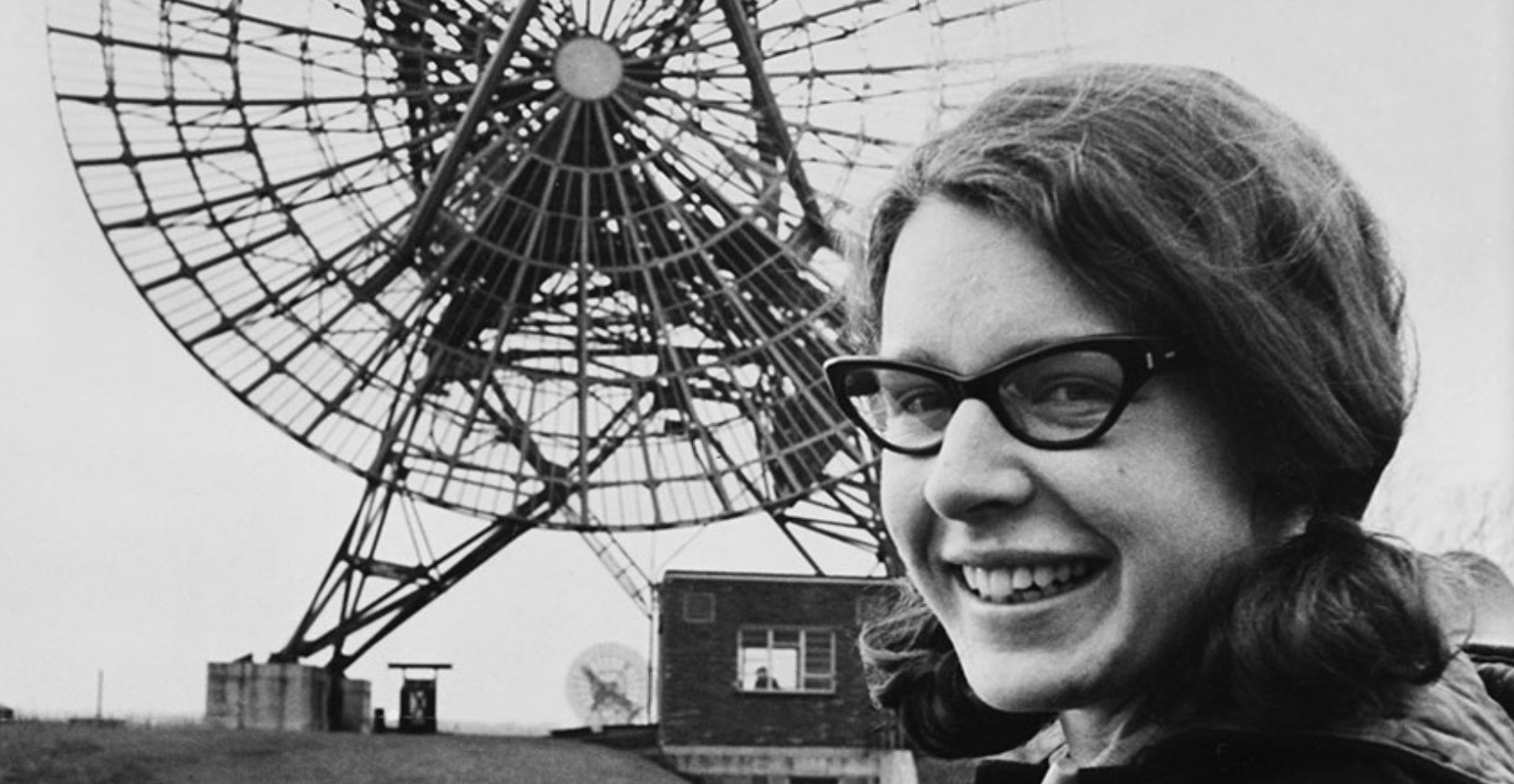The brilliant and eccentric artist Stanley Spencer used to start the day by listening to Bach. He felt that if you started the day with a magnificent human creation it would inspire you to try and achieve something wonderful. His vivid paintings of the Glasgow docks during wartime and of Jesus doing his work in the Berkshire village of Cookham, as well as his vividly fleshy works of himself and his second wife Patricia Preece, may have come into existence without the aid of Bach, but if he played the remotest part in Spencer’s brushwork then it might be worth picking up the habit.
During these days of isolation, where you can go straight from waking up to feeling deadbeat, it may be best to try to avoid the news narrative or the latest spat. Rather than switch on to the Today programme I have taken to starting each day with an archive Desert Island Discs, preferably but not necessarily involving a scientist. The mixture of magnificent music and musing on cosmological human achievements propels me.
This morning I began with the astrophysicist Jocelyn Bell Burnell, the first person to observe pulsars, neutron stars that rotate with the regularity of a lighthouse on a stormy night. An achievement that many believe should have won her the Nobel Prize, though she brushes this off with humility. Burnell possesses an endearing humbleness, an inspiring vision and a calm but tenacious spirit. Despite her impressive accomplishments at an early age, after marriage Burnell found herself having to follow her husband’s career geography and ending up in new locations scrabbling to find jobs in astrophysics. She points out that people are far more comfortable congratulating you on achievements of marriage and domesticity than astronomical discoveries. Since her divorce, she was able to regain control of her career. As well as lecturing on the “daunting and dangerous” scale of cosmology, she is also an energetic campaigner for increasing diversity in science. In her early days as a student, female physics undergraduates would find each entry to the lecture hall accompanied by catcalls and thoughtless male ribaldry. Her musical choices were similarly impressive and empowering – Guido Haazen’s Missa Luba and Verdi’s Chorus of the Hebrew Slaves among them.
Carlos Frenk is a cosmologist working on Cold Dark Matter Theory. In the communal area of his department there is a bust of Albert Einstein, so Einstein is always in the room. His drive is to “share the magic of the universe” with as many people as he can. He started his university education in engineering but was eventually told that he was asking the wrong questions (“you ask why and we can only tell you how”). Brought up in Mexico, his choices start with mariachi and end with Schumann. He also chooses the most luxurious item I have heard of yet, an entire planetarium.
Tomorrow, I think I will start the day hearing Martin Rees explain why a frog is more difficult to understand than the cosmos before he introduces the Mongolian chanters. Now we have fewer patches of sky to focus on during daylight hours we can really start immersing ourselves in a patch of the night sky, and the Astronomer Royal is probably more useful to listen to than a hastily briefed breakfast time host with a hankering to trend on Twitter.
The Desert Island Discs archive is available on BBC Sounds










